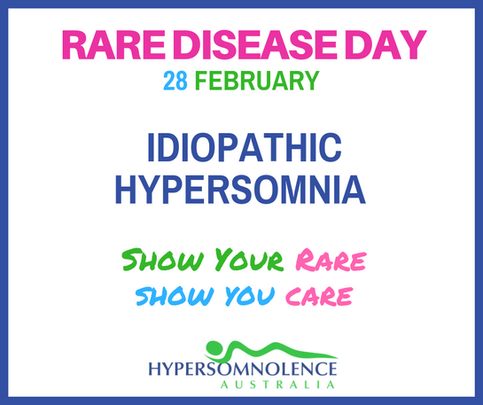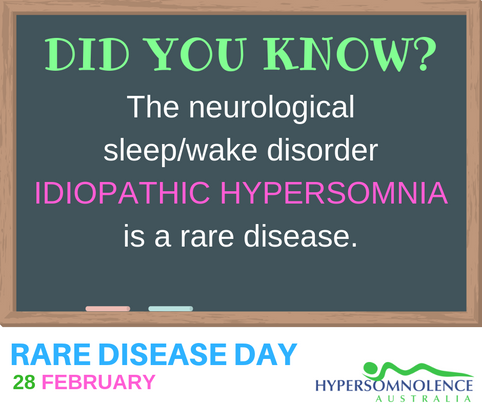
Rare Disease Day is held on the last day of February every year to raise awareness of rare diseases. The main objective of Rare Disease Day is to raise awareness among the general public and decision-makers about rare diseases and their impact on patients' lives.
The theme for Rare Disease Day 2019 is 'Bridging health and social care'.
For most people living with a rare disease, as well as their family members or carers, the reality of daily life can include any combination of the following: collecting and taking medicines, attending appointments, participating in physical therapy, using specialist equipment and accessing various social and community support services and respite care. Managing these care-related tasks alongside their usual daily activities such as work, school and leisure time can be challenging.
Organising care can involve researching local services, making phone calls, accessing treatments and rehabilitation, handling administrative procedures and adapting the home or work space. As a consequence, people living with a rare disease are often off work or school. It becomes a complex and frustrating process, especially when a lack of coordination across services means having to repeat the same information over and over again. Communication between different services needs to improve so that services are delivered efficiently to meet patients’ best interests.
Rare Disease Day 2019 will focus on bridging the gaps in the coordination between medical, social and support services in order to tackle the challenges that people living with a rare disease and their families around the world face every day.
Rare Disease Day 2019 is an opportunity to be part of a global call on policy makers, healthcare professionals, and care services to better coordinate all aspects of care for people living with a rare disease. We do we care? Idiopathic Hypersomnia is a rare disease. It is also one of the most misunderstood and under researched sleep disorders. Many (including doctors) incorrectly think it refers to any case of excessive daytime sleepiness (EDS) that cannot be explained by another preexisting medical condition or sleep disorder or by lifestyle or behavior. This is not correct; Idiopathic Hypersomnia is a rare neurological sleep/wake disorder. EDS is just one symptom of Idiopathic Hypersomnia. Idiopathic Hypersomnia is characterised by a number of symptoms and clinical features first defined by Bedrich Roth more than 40 years ago. Roth’s years of extensive research that led to his description of idiopathic hypersomnia as a separate disease entity was accepted and included in the first ICSD (International Classification of Sleep Disorders), the Diagnostic Classification of Sleep and Arousal Disorders in 1979. Since then it has been included as a “Rare Disease” on the Genetic and Rare Diseases Information Center (GARD) register and Orphanet There are many misperceptions about idiopathic hypersomnia. This combined with inappropriate testing methods has resulted in idiopathic hypersomnia being one of the most misdiagnosed of all neurological sleep disorders. The impact of this as well as the patients that continue to go undiagnosed for these same reasons is immeasurable. Further research is desperately needed in all areas, ie: etiology, epidemiology, the genetic aspects of the disease and to identify biomarkers that will lead to better more appropriate diagnostic tools. “Imagine going to see your doctor only to be told that they don’t know what is happening to your body, that they don’t know what your disease is. Imagine that they can diagnose your disease but tell you that there is no cure or treatment available. Or that the treatment available is not fully effective but just the best possible option. You don’t know how you or your loved one will manage life from one day to the next, nor how the disease will affect your work or school life. This is the reality for many rare disease patients.”
- Rare Disease Day February 28th 2017. This is the reality for people with Idiopathic Hypersomnia.
“With research, possibilities are limitless” - Rare Disease Day
"Rare diseases are rare, but rare disease patients are numerous" - Orphanet Please download and share these images to help raise awareness






















